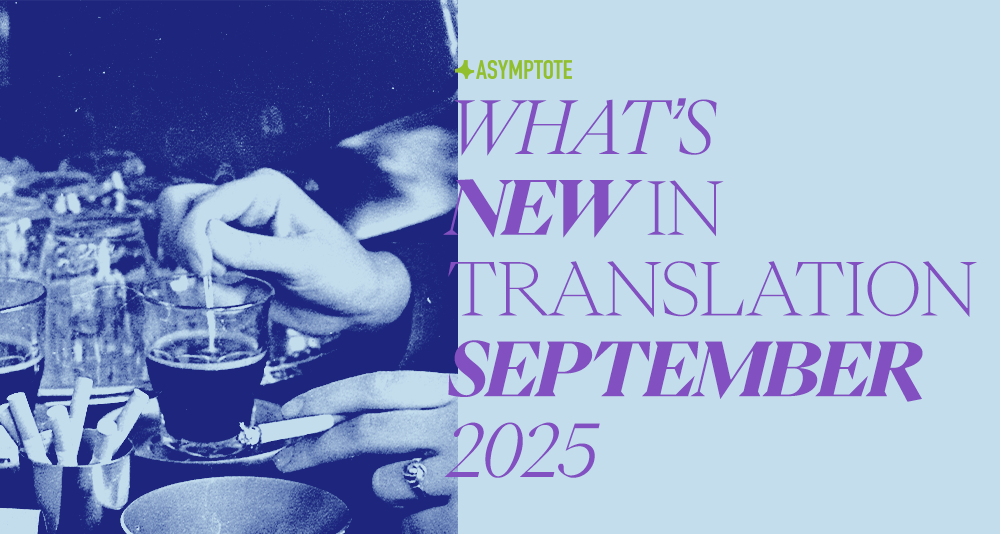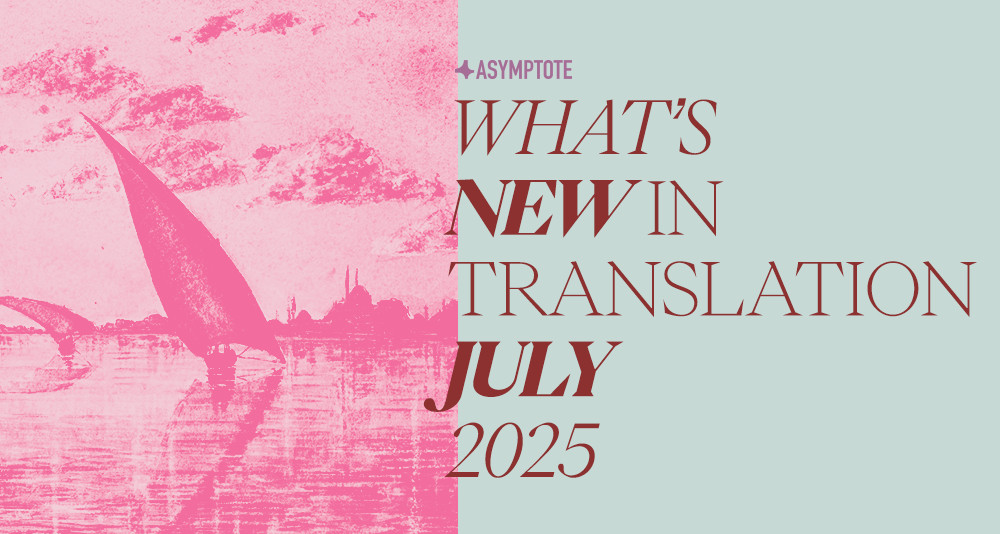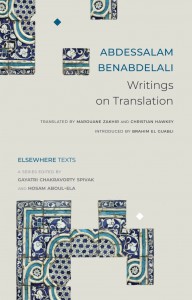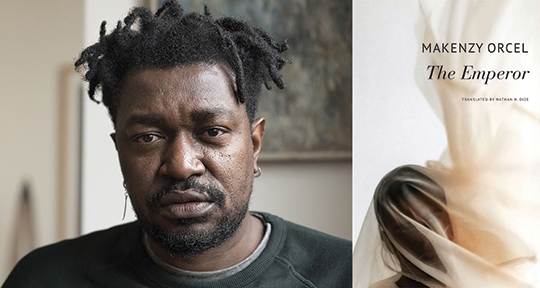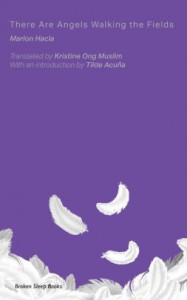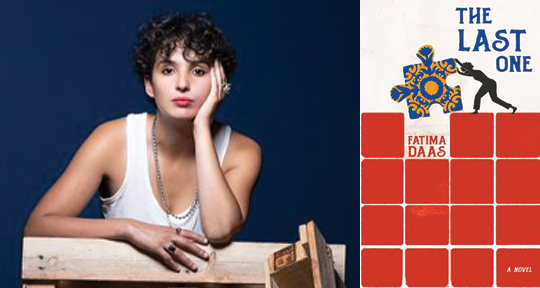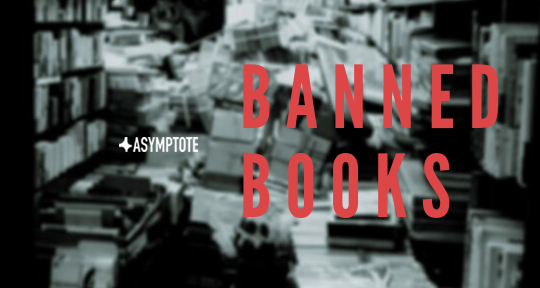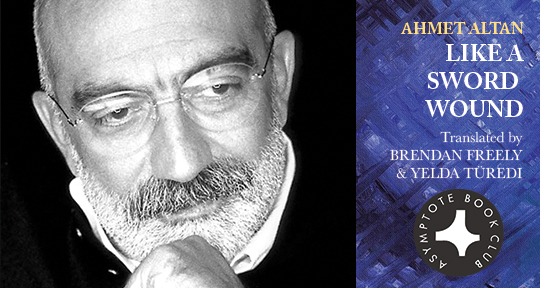Ten titles, ten countries! This month, we’re presenting reviews of a wide-ranging text of image philosophy in the age of virtual reality; a Russian master’s memoirs of his infamous literary friends; poetry anthologies featuring testimonies from the genocide in Gaza and the bold voices of Afghan women; a delicate and revelatory Serbian novel parsing lineage and dementia; and so much more. . .

From Language to Language: The Hospitality of Translation by Souleymane Bachir Diagne, translated from the French by Dylan Temel, Other Press, 2025
Review by Xiao Yue Shan
Power is domination—at least, that’s how it’s been overarchingly conceived. Though the concept abstracts out to a vast array of actualities, from the centralized to the diffused, the individual to the plural, the Foucauldian and the Weberian, the most immediate and base display of human power is that of one subject being undermined by another. Translation, then, as an intersectional arena between two bodies that are as similar as they are different, is an optimal stage by which to study the varying dynamics of power; but especially within the postcolonial context, it has commonly begun with the premise that translation is a dominating act, with one more powerful language exercising its patterns, definitions, and cultural values over another. In From Language to Language, the Senegalese philosopher Souleymane Bachir Diagne wants to build his theories on a different foundation.
It may seem that the closer one looks at translation, the less feasible an equilibrium seems—at least, from the outside. For bilingual or multilingual persons, however, the idea of equal values for different languages is simply fact; the hosts of multiple languages are likely to regard them as equally essential components, regardless of any diglossic differences in fluency, utility, or geographical relevance. As a speaker of Wolof, French, and English, Diagne is in this camp, and opens this English edition of From Language to Language with a personal anecdote on his family’s migration, which ends with the determination that his children should “live out their different identities and the languages that expressed them with self-assurance as pride.” His own multilingualism therefore places him at a position more primed to think of translation less as a sequence of conquests, and more as a rendezvous of common goals, whether that be the making of a fully-fledged individual, or of a more varied and generous world. There is, he says, a “gratitude and equality within a shared humanity, which is at the very heart of translation.” READ MORE…

